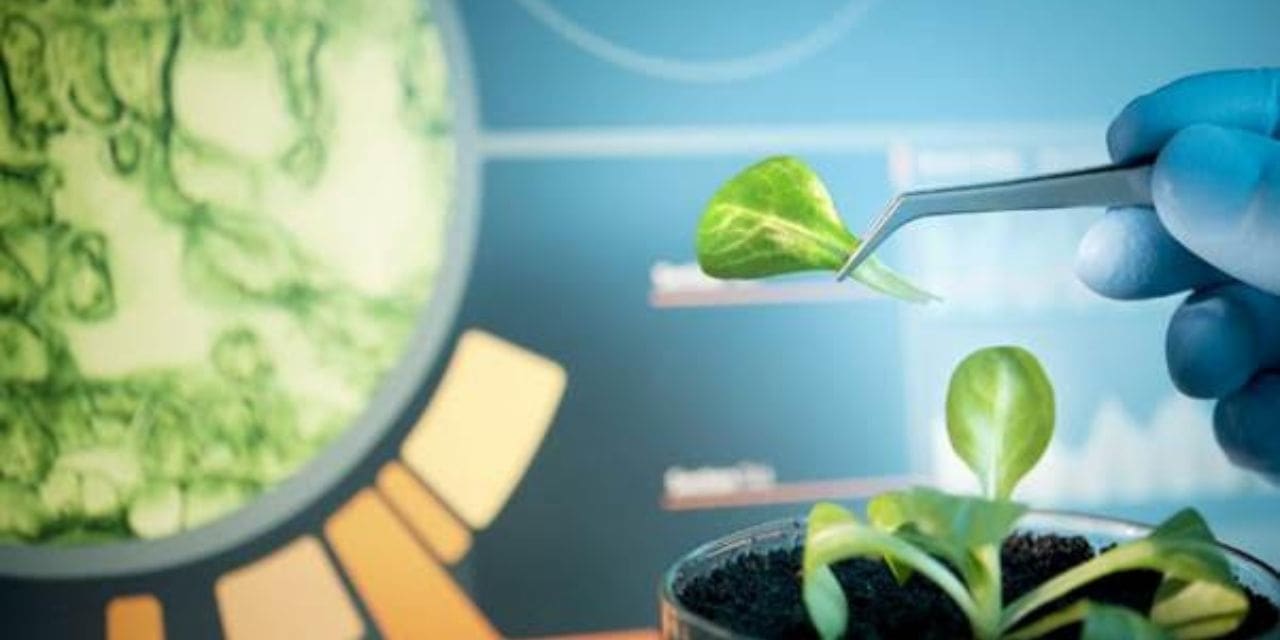The global agricultural biotechnology market, valued at US$ 28.6 billion in 2021, is projected to experience robust growth with an estimated compound annual growth rate (CAGR) of 9.5% from 2022 to 2031. This upward trajectory is anticipated to propel the market to a substantial value of US$ 64.7 billion by the end of 2031. The market’s ascent is driven by advancements in genetic engineering, crop protection strategies, and sustainable agricultural practices.
Innovation Redefined: Genetic Engineering in Agriculture
Genetic engineering is at the forefront of agricultural biotechnology, empowering farmers with tools to enhance crop characteristics, improve yields, and develop resilience against pests and diseases. Genetically Modified Organisms (GMOs), such as insect-resistant and herbicide-tolerant crops, have become integral components of modern agriculture. These crops not only bolster yield but also reduce the dependency on chemical inputs, promoting sustainable farming practices.
Biotechnology has enabled the development of crops with desirable traits, such as drought tolerance, disease resistance, and improved nutritional content. This innovation not only ensures food security but also addresses global challenges like climate change and evolving pest pressures. In recent years, the advent of precision breeding techniques like CRISPR-Cas9 has further accelerated the development of crops with precise modifications, offering unprecedented control over genetic traits.
Companies Profiled
- Monsanto, Syngenta
- Bayer CropScience
- Corteva Agriscience
- DuPont Pioneer Hi-Bred
- Vilmorin
- Dow AgroSciences
- Evogene Ltd
- KWS SAAT AG
- Certis USA
- Mycogen Seeds
- ADAMA Agricultural Solutions Ltd
- Global Bio-chem Technology
- Performance Plants Inc.
- Rubicon
Crop Protection and Biopesticides: A Sustainable Approach
Agricultural biotechnology extends its influence beyond genetic engineering to crop protection, where sustainable and eco-friendly solutions are gaining prominence. Biopesticides, derived from natural sources such as bacteria, fungi, and plant extracts, are emerging as viable alternatives to traditional chemical pesticides. The agricultural biotechnology market is witnessing a surge in the development and adoption of biopesticides due to their minimal environmental impact, lower toxicity, and ability to target specific pests without harming beneficial organisms.
Integrated Pest Management (IPM) strategies, incorporating biopesticides and other biological control methods, are becoming instrumental in reducing the reliance on synthetic chemicals. This shift aligns with the growing awareness of the ecological impact of conventional pesticides and the need for sustainable farming practices. As consumers increasingly prioritize food safety and environmental sustainability, the demand for crops produced with biopesticides is likely to witness a steady rise.
Challenges and Opportunities in Agricultural Biotechnology
Despite the promising outlook, the agricultural biotechnology market faces challenges that warrant attention. Regulatory hurdles, public perception, and concerns regarding the unintended consequences of genetically modified crops continue to pose challenges to market growth. Striking a balance between technological advancements and ethical considerations remains crucial for sustainable and responsible adoption.
On the flip side, the market is ripe with opportunities driven by increasing global population, shrinking arable land, and the imperative to enhance agricultural productivity. Biotechnology offers a toolkit to develop crops that can thrive in diverse environmental conditions, contributing to food security and resilience in the face of climate change.
Regional Dynamics
The agricultural biotechnology market exhibits regional variations influenced by factors such as regulatory frameworks, agricultural practices, and socio-economic conditions. North America, particularly the United States, stands as a leader in the adoption of agricultural biotechnology, driven by a strong focus on research and development. Europe, while navigating stringent regulations, is witnessing a gradual acceptance of biotechnological solutions for sustainable agriculture.

